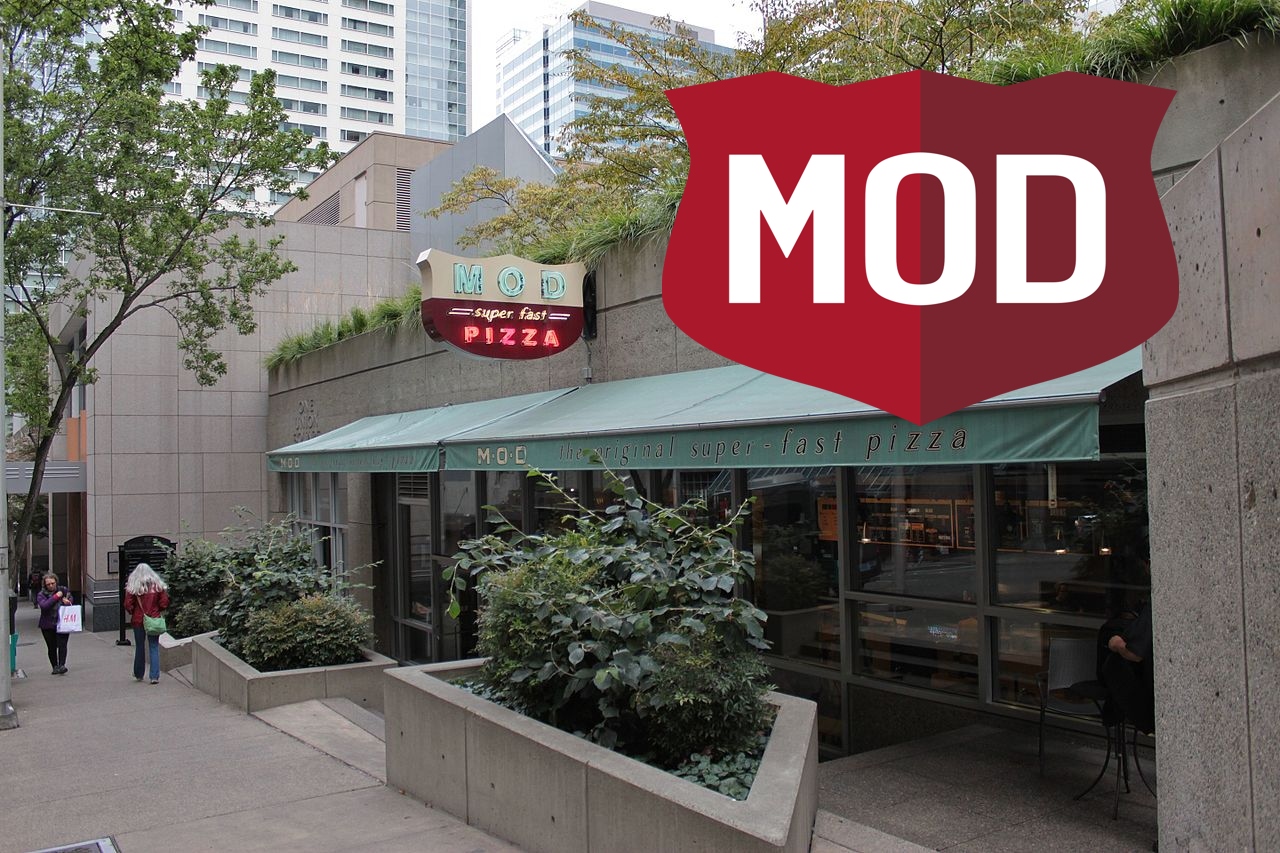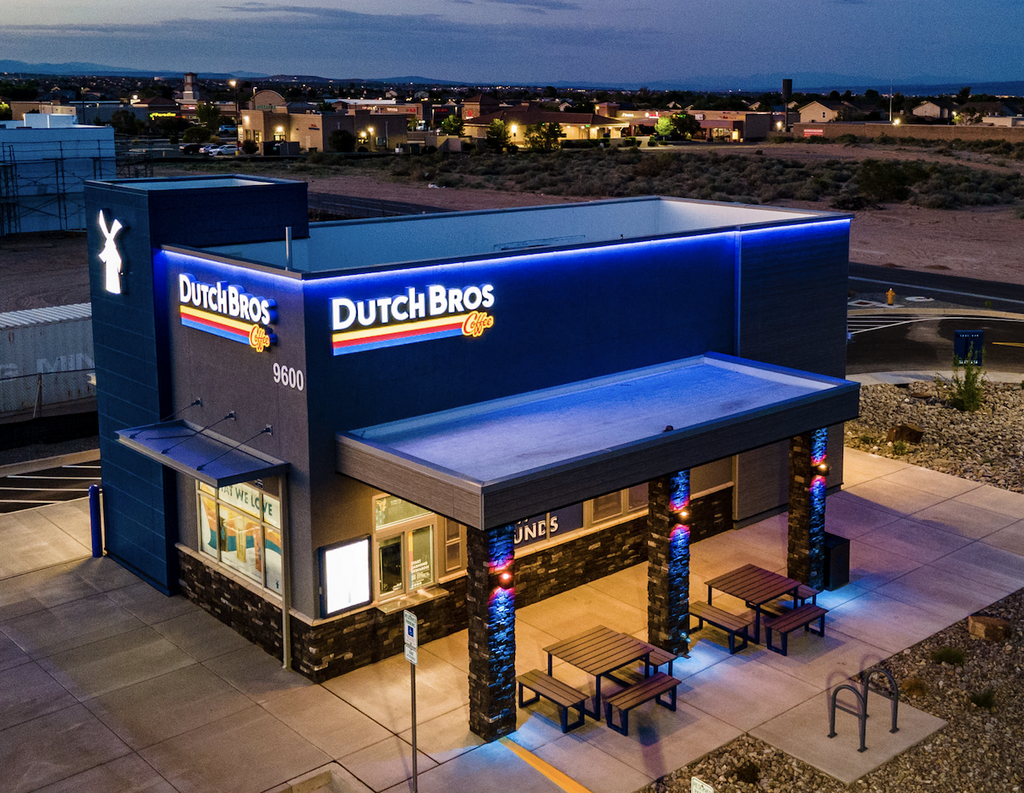
Mod Pizza’s Financial Struggles: High Interest Rates More Impactful Than Minimum Wage Hikes
Popular fast-casual pizza restaurant chain Mod Pizza is reportedly preparing to file for Chapter 11 bankruptcy as early as the second week of July. Sources with knowledge of the situation informed Bloomberg about the potential filing, though they noted that discussions are not yet final and plans could still change.
Seattle-based Mod Pizza, which operates over 500 locations in the United States and Canada, has already closed 27 restaurants this year. These closures included five locations in California, which occurred just before the state’s minimum wage for fast-food workers increased from $16 to $20 on April 1.
While the minimum wage hike in California has been highlighted as a contributing factor, it’s crucial to understand the more significant financial pressures at play. The primary reason for these closures and financial struggles is the rising interest rates on revolver credit lines. The Federal Reserve’s consistent rate hikes have drastically increased the cost of borrowing, impacting businesses that rely on credit to manage day-to-day operations and growth investments.
Broader Impact Across the Nation
In addition to the California closures, Mod Pizza also shut down 22 other locations across the country, including restaurants in New Jersey, Texas, and Wisconsin, according to the New York Post. The company has not provided specific reasons for these closures, but the increased cost of debt servicing is a likely significant factor.
Founded in 2008 by Scott and Amy Svenson, Mod Pizza sparked a trend in made-to-order personal pizzas, leading to the establishment of similar chains like Pieology in 2011 and Blaze Pizza in 2012. However, the fast-casual dining industry has been facing mounting challenges, not only from rising labor costs but also from increased competition and the burden of higher interest rates on borrowed capital.
As Mod Pizza faces financial difficulties, its potential bankruptcy filing highlights the broader challenges within the fast-casual dining industry. The impact of rising interest rates on revolver credit lines has proven to be a more substantial strain on these businesses than the increase in minimum wage. This situation underscores the importance of understanding the full financial landscape affecting the fast food and fast-casual sectors today.






